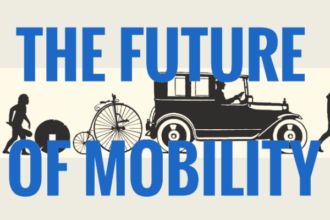If you’re struggling with low patient enrollment in your clinical trials, you’re not alone: a staggering 85 percent of drug trials are delayed due to lack of enrollment.
If you’re struggling with low patient enrollment in your clinical trials, you’re not alone: a staggering 85 percent of drug trials are delayed due to lack of enrollment. With enrollment rates continuing to drop even as more clinical trials are being conducted, the imperative is clear: clinical trial coordinators must seek new approaches in order to reverse this trend and meet their enrollment goals. Here’s a closer look at social media’s potential to change the landscape of clinical trial recruitment.
The Benefits of Social Media for Clinical Trial Recruitment
According to a recent survey from Tudor Reilly Health, 75 percent of patient respondents had never been informed by their doctors about clinical trials. Meanwhile, 94 percent reported using the internet to research health information. As patients increasingly take ownership over their own health, social media offers an innovative way to bridge this gap while increasing both awareness and trial participation.
The benefits of social media for clinical trial recruitment include:
- Enhanced geographic reach
- Targeted patient demographics
- Increases in qualified patient referrals
- Faster enrollment
- Real-time adverse event reporting
- Improved patient feedback
- Minimized administrative duties on sites
- Cost savings
Furthermore, research indicates that many patients mistakenly believe that clinical trials are only for people who are “very sick without any other options” or “looking to make money” In addition to the benefits above, social media presents the unique opportunity to enhance public awareness regarding clinical studies as more than about just drug development, but also for diagnosis, prevention, and quality of life.
Lastly, the ability to build patient relationships by delivering a steady stream of valuable and educational information has potential to improve enrollment not just for trials currently underway but also for those in your pipeline.
Barriers to Social Media Use in Clinical Trial Recruitment
Despite social media’s powerful benefits, it has barely penetrated recruitment processes. In fact, only 10 percent of drug manufacturers currently recruit participants through social media. At fault? “Fragmented and uncoordinated use,” according to the Wall Street Journal’s analysis of data from the Tufts University Center for the Study of Drug Development. Lack of firm FDA guidance yields immobilizing concerns regarding violations to patient privacy and regulatory compliance.
Meanwhile, others worry that large numbers of patients interacting via social media during a trial can result in unknown outcomes, such as patients sharing specific details and/or the chance of prematurely breaking the blind. While these concerns are by no means exclusive to online environments, their effects may be amplified in the social space.
While many in the pharmaceuticals industry have been slow to adopt social media as a patient recruitment method, others have successfully leveraged social media and digital technology to yield both improved awareness and enrollment. Those willing to take on pioneering roles in integrating social media into their patient recruitment strategies may gain an inside edge in engaging and retaining clinical trial participants.







